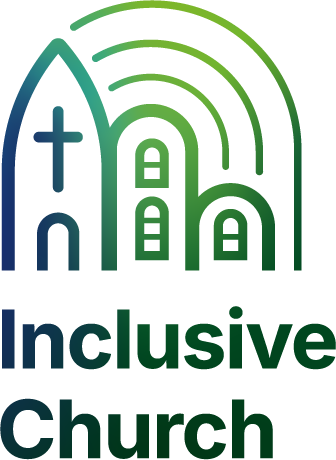 We are an Inclusive Church. In 2016 the PCC passed a resolution stating support for the Inclusive Church Statement.
We are an Inclusive Church. In 2016 the PCC passed a resolution stating support for the Inclusive Church Statement.
“We believe in inclusive church – a church which celebrates and affirms every person and does not discriminate.
We will continue to challenge the church where it continues to discriminate against people on grounds of disability, economic power, ethnicity, gender, gender identity, learning disability, mental health, neurodiversity, or sexuality.
We believe in a Church which welcomes and serves all people in the name of Jesus Christ; which is scripturally faithful; which seeks to proclaim the Gospel afresh for each generation; and which, in the power of the Holy Spirit, allows all people to grasp how wide and long and high and deep is the love of Jesus Christ.”
This statement is on our website and printed in Orders of Service.
It was last reviewed in 2023, and the revised Inclusive Church Statement was adopted.

 In June 2022 the PCC adopted a Climate Strategy (attached). One of the most popular ways for churches to engage with the climate crisis is through the
In June 2022 the PCC adopted a Climate Strategy (attached). One of the most popular ways for churches to engage with the climate crisis is through the  We are an Inclusive Church. In 2016 the PCC passed a resolution stating support for the
We are an Inclusive Church. In 2016 the PCC passed a resolution stating support for the